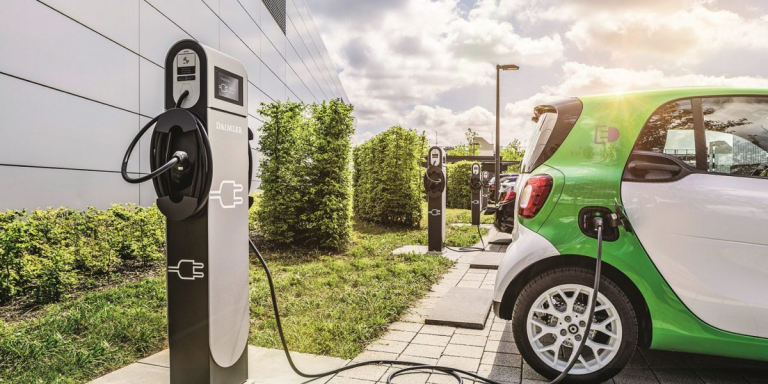
Dangote Group is building a refinery. But I do think it is off by at least ten years to extract the maximum value on that investment. Though Nigeria continues to import petroleum products, distorting our balance of payments, and crushing the Naira, my model is that the refinery business will do well, marginally. Yes, the refinery will fix market friction but it would be distorted in years. As I drive across America, a popular scene now is closed gas stations, picking up where malls stopped.
Looking at all trajectories Aliko Dangote is getting poorer despite doing more! It is a paradox because technically Dangote has improved his asset quality over the last seven years, as Dangote Group evolves to become an industrialized conglomerate.
He was worth $25 billion in 2014, becoming the world’s 23rd richest person. In 2019, he became the world’s 100th at $10.8 billion. Today, Dangote is worth $7.7 billion as the 162nd richest person on earth. Understand that what is happening to Dangote is “technical value erosion”: he is still accumulating more Naira but currency deterioration and devaluation have decimated his global standing.
I expect naira to hit N502 per dollar, from N381 today, by May 2023, and if Dangote does not follow through, he could be off the billionaire club. Of course, he has a plan when he said on Bloomberg: “In Africa, you know we have issues of devaluation, so we want to really ‘preserve’ some of the family’s wealth.” Dangote plans to ship some wealth to New York to diversify out of Africa!
Simply, once Ford, GM, Toyota etc stop making fossil-powered cars, Nigerians cannot get special treatments. Because we do not make cars, we have to adjust! The refineries of the future are charging stations and not crude oil refining. In the U.S., most refineries are going bankrupt because in the next few years, the cost of buying an electric car would be at parity with fossil-fueled cars.
Do not put so much power in refinery business as a business for decades. The useful life of that sector is in years, not decades. We expect Tesla to produce EV cars that would be as affordable as Toyota, Honda, etc in the coming years. But Ford, GM and Toyota may get there before it.
Register for Tekedia Mini-MBA edition 19 (Feb 9 – May 2, 2026): big discounts for early bird.
Tekedia AI in Business Masterclass opens registrations.
Join Tekedia Capital Syndicate and co-invest in great global startups.
Register for Tekedia AI Lab: From Technical Design to Deployment (next edition begins Jan 24 2026).
So, my thesis is this: the best refinery business of the future in Nigeria, starting 2030 is charging stations because the world will not walk back on the march to EV because Nigeria likes their hydrocarbonated cars.

---
Connect via my
LinkedIn |
Facebook |
X |
TikTok |
Instagram |
YouTube


Are you saying that the cars currently bearing 2019, 2020 and 2021 models won’t find their way to Nigeria to be sold as tokunbo cars by 2030? I do think there is at least twenty years band to play around, before we can have significant presence of electric cars here. It is not much about when Ford or Toyota stops making fossil -powered cars, but rather when the cars already on the roads over there will finish making their way to Africa; it’s a more realistic target.
Of course the refinery business has lost large chunk of its aura, so the profits there will remain marginal, until it inches gradually into loss making ventures.
At some point, our people will retrofit the fossil-powered cars to become electric cars, and once that reengineering scales here, most of the fuel stations will transform into charging stations; it’s left for refineries to transform battery makers or whatever that is bringing good revenue by then.
Interesting years ahead.
“At some point, our people will retrofit the fossil-powered cars to become electric cars,” That would be amazing. Actually, it would be great for Nigeria